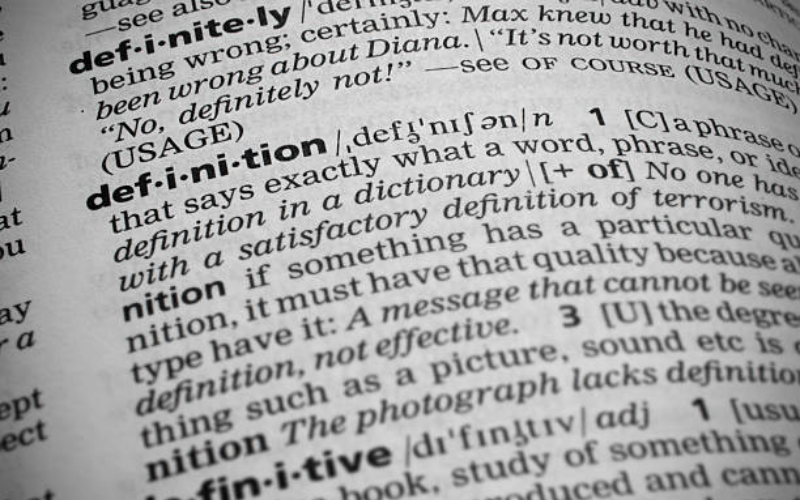Internet culture is leaving its mark on the English language, with words born on TikTok and other online spaces now officially recognized by the Cambridge Dictionary.
The publisher has added 6,212 new words, phrases, and meanings over the past year, reflecting how digital trends are reshaping modern communication.
Among the most eye-catching entries is skibidi, a slang term that can mean “cool,” “bad,” or sometimes nothing at all, used simply for comic effect.
It was popularized by the viral YouTube series Skibidi Toilet, a surreal animation in which human heads emerge from toilets.
The phrase has since spread among Gen Alpha (those born between 2010 and 2024), another new dictionary entry, and even spawned playful mashups such as “that wasn’t very skibidi rizz of you.”
Another headline addition is delulu, a clipped version of “delusional” that describes someone believing things that are unrealistic but entertaining to imagine. First coined a decade ago in K-pop fandoms, it has since broken into wider culture.
Earlier this year, Australian Prime Minister Anthony Albanese even joked in Parliament that rivals were “delulu with no solulu,” after being dared by podcast hosts to use the phrase.
Meanwhile, tradwife, short for “traditional wife,” refers to women, often influencers, who embrace homemaking and childcare while celebrating traditional gender roles.
Figures such as @ballerinafarm’s Hannah Needleman have popularized the lifestyle, though critics argue it romanticizes outdated ideals.
Fashion, too, is reflected in the update.
Lewk, a playful twist on “look,” describes a striking outfit or style, typically flaunted by influencers online.
But the dictionary’s latest additions go well beyond Gen Z slang. Broligarchy (a blend of “bro” and “oligarchy”) was coined to describe the tech elites at Donald Trump’s 2017 inauguration.
Older words are evolving too: snackable, once limited to food, now describes bite-sized online content; and phrases like red flag and green flag have expanded to signal undesirable or desirable traits in relationships.
Colin McIntosh, lexical program manager at Cambridge Dictionary, said in a past interview these updates capture a wider cultural shift “It’s not every day you get to see words like skibidi and delulu make their way into the Cambridge Dictionary. We only add words where we think they’ll have staying power. Internet culture is changing the English language, and the effect is fascinating to observe.”
